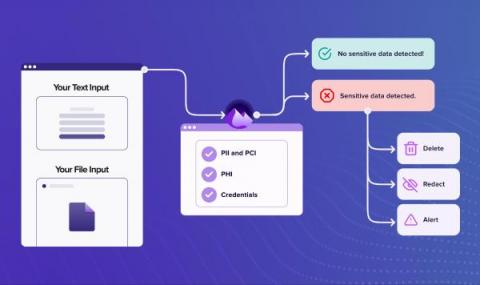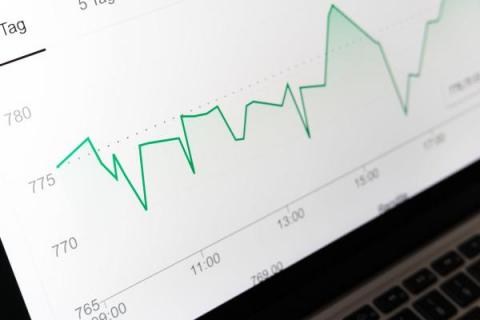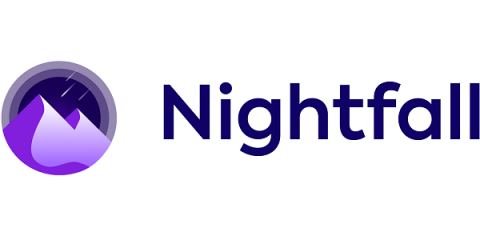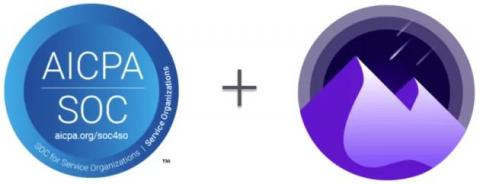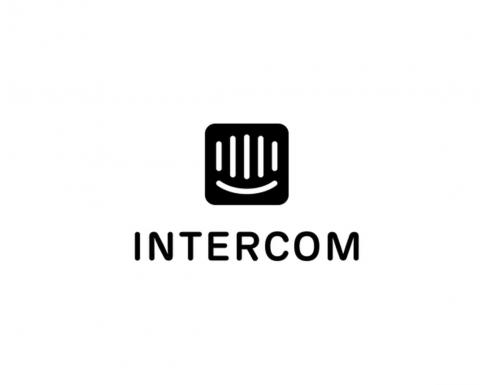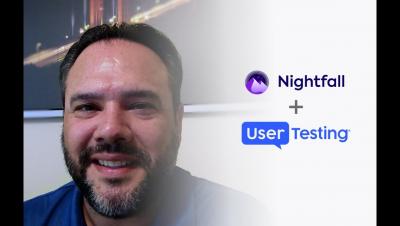4 Components of Modern Data Classification & Protection Infrastructure
Data privacy is top of mind for every organization, with individuals wanting reassurance that their data is secure at all times. With the ever increasing number of cloud applications on the market today, security teams are faced with the challenge of keeping track of compounding volumes of sensitive data that can flow internally, externally, and across systems.


